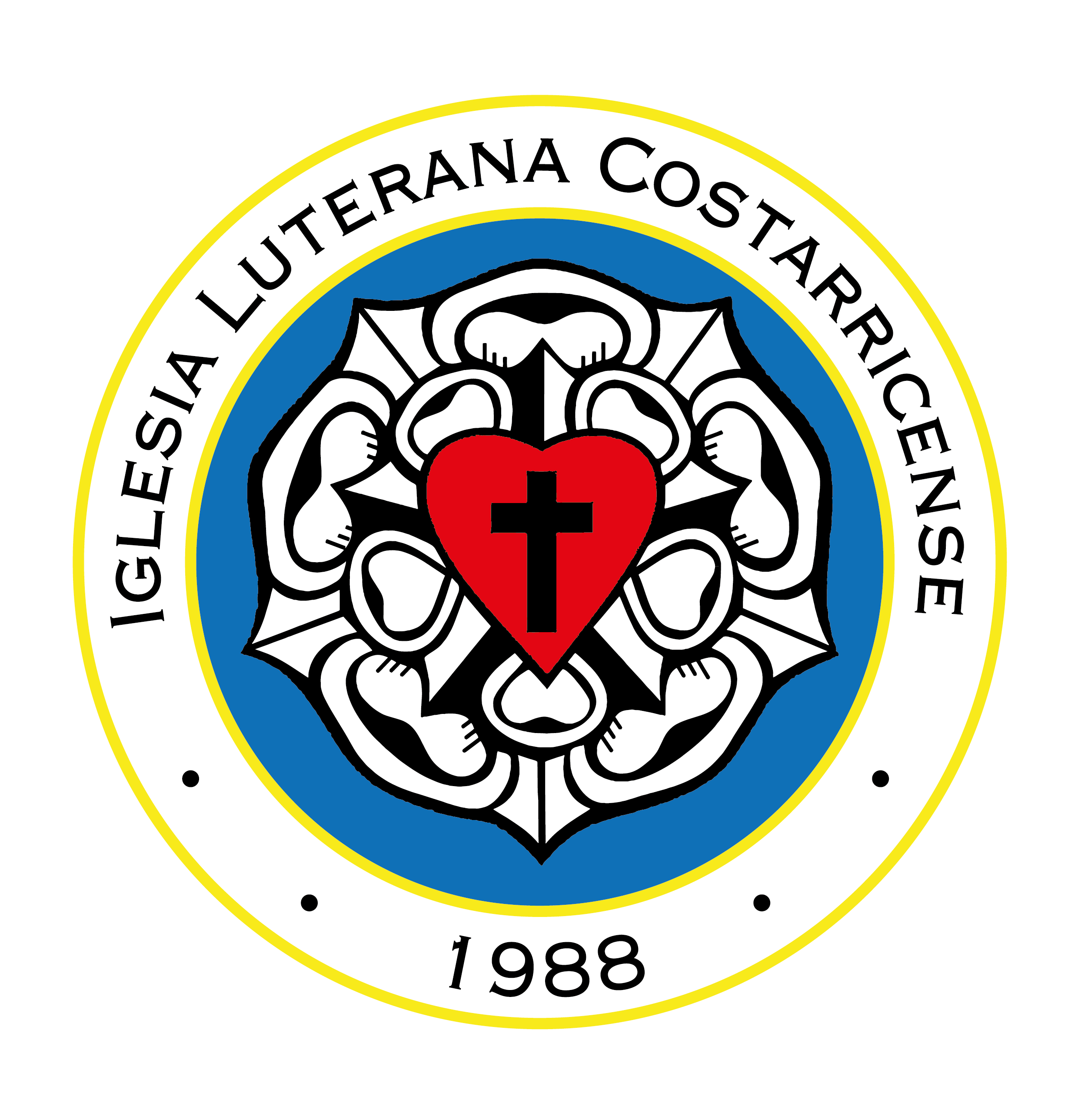La Iglesia Luterana Costarricense actúa en solidaridad con los pueblos indígenas de Costa Rica, acompañándolos en sus luchas y con profundo respeto a su cultura.
Ante la necesidad de las poblaciones indígenas de contar con una asesoría en planificación de proyectos, finanzas y elaboración de informes,¡LCO ha impulsado el proyecto de ley "Desarrollo Alitónomo de los Pueblos Indígenas de CostaRíca". Creemos muy importante que las comunidades indígenas sean consultadas y tomadas en cuenta en el desarrollo nacional. El programa de la ILCO de acompañamiento ha contribuido a un proceso de diálogo, así como la participación de en cultos de las iglesias luteranas. Esto se ha convertido en un serio desafío para la ILCO que desde el principio se planteó no desarrollar níngún tipo de proselitismo entre los pueblos indígenas.
Desde todo esto hemos tenido logros y aciertos como son por ejemplo: La presencia en Talamanca un proyecto de apoyo de emergencias, también se mantiene trabajo con niños y niñas, Jóvenes y Mujeres en comunidades indígenas de Guatuso y Quitirrisí. Actualmente la ILCO esta presente en muchas comunidades indígenas del país y brindando el apoyo en temas tan variados como; promoción de los derechos indígenas, tramites leqales, desarrollo organizacional, autonomía, asesoría en desastres naturales etc.
